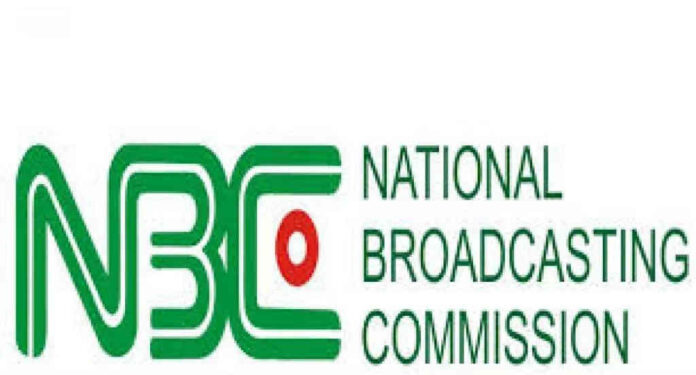Information Ministry Dismisses Court’s Judgement On NBC
The National Broadcasting Commission (NBC) was prohibited from fining broadcast stations in the nation on Wednesday by a Federal High Court sitting in Abuja.
Justice James Omotosho’s decision nullified the N500,000 fines that NBC levied on 45 broadcast stations on March 1, 2019.
Justice Omotosho argued that because NBC was not a court of law, it lacked the authority to punish broadcast stations for alleged violations with sanctions.
According to him, Section 6 of the Constitution, which gave courts of law the authority to decide cases, conflicts with the NBC Code, which the commission uses to impose sanctions.
The judge declared that the court would not do nothing while a body imposed a fine arbitrarily and outside the bounds of the law.
The ruling arose from a lawsuit filed by the Incorporated Trustees of Media Rights Agenda with the case number FHC/ABJ/CS/1386/2021.
Read Also: Court bars NBC from imposing fines on broadcast stations, see details
Orji’s response was that the judgement is “ill-conceived and dead on arrival due to legal encumbrances,” though.
He claims that a Federal High Court that was also located in Abuja earlier reached the opposite conclusion, holding that NBC had the authority to penalise offending stations.
Orji revealed that Justice N. E. Maha issued a decision in an action brought by seven organisations, including the Socio-Economic Rights and Accountability Project, against NBC in April 2022.
Justice Maha interpreted the clause of Section 2(1)(n) of the NBC Act, 1992 in a certified True copy of the decision that NAN saw.
In accordance with the provision, “The Commission shall have the responsibility of determining and applying sanctions, including revocation of licences of defaulting stations which do not operate in accordance with the broadcast code and public interest.”
Justice Maha relied on the clause and stated, “The law is settled that a regulator could not have acted unconstitutionally in the discharge of its functions by imposing fines under its enabling law.
The court determined in Moses Ediru v. Federal Road Safety Commission and 20 others (supra) that the FRSC Act grants the Commission the authority to impose and enforce sanctions, and that this authority does not interfere with the court’s constitutionally guaranteed judicial authority.
In essence, the FRSC’s and the court’s authority do not overlap at any point.
The court in the Moses Ediru case went on to say, “In that case, the court further observed that FRSC and the court are mutually exclusive such that the FRSC powers of enforcement of sanctions is not a usurpation of the judicial powers of the court.”
Orji noted that, while analysing both cases, the same court of coordinate jurisdiction had reached conflicting conclusions regarding the question of whether NBC could impose sanctions.
In accordance with legal precedent, he stated, “where there is a conflicting decision of courts of coordinate jurisdiction, a party may choose which of them to obey and it will not be held in contempt of any court.
It is important to note that Justice Maha’s decision is precedent-setting and is still in effect because no appellate court has overturned it.
In light of this, NBC is still perfectly within its rights to keep punishing broadcast companies that disobey the NBC code.
Orji added that the 45 offending stations had all complied by paying their fines, making the case against them strict liability offences.
Thanks for using our platform to learn about the latest Naija News on Information Ministry Dismisses Court’s Judgement On NBC





